Prefixes and suffixes
So at the end, denotes to oneself, or the state of once’s self (Wesmo means hope. Wesmoso means I hope)
Se at the end, denotes to someone else or the state of them (Wesmose means You hope)
clo denotes ownership to oneself (mina means men. Clomina means my men)
Est denoting ownership to one’s own group (umee means friends, estumee means our friends)
Be denotes ownership or state to others. Sometimes replaces no to indicate state of being of others (Lone means transport. Belone means your transport) When individual is named, there is no suffix. (Azul’s Vestment becomes Deli Vincta)
No State of being
Tro denotes one’s own presence (Minco means princess. Trominco means princess and I)
O Female version. Inserted at the end of a word. (Minc means prince. Minco Means Princess. Trominc would mean prince and I)
Lo always
lu Never
U A change of meaning, such as the opposite of the original implication. (Example: Lam means welcome. Lum means unwelcome.)
A Plural form
X denotes to harshness or cruelty
N denotes to softness and gentleness.
To Verb form, interchangeable with Ta
Ta Verb form, interchangeable with To
Co Verb form
S inserted can indicate past tense.
P inserted can indicate future tense
Numbers:
The calendar of the Acana is based on the Moon Anker’s cycle. Instead of weeks or days of the week, like Monday or Tuesday, each day throughout the lunar cycle is allotted a special spelling based on numbers 1-31. Example: number Ju, which is the number one, is Jun when referring to the first day of the Moon cycle.
The technique is borrowed over when a certain number of days is mentioned, but only for 1 through 31. I have one cat would be I have ju cat. There is one day. There is Jun day.
Jun can mean either “one day” or “the first day of the month.” Numbers from 32 and up do not apply and are instead spoken in the origin spelling followed by the Masiann word for number, Ninma. Thirty-two days would be Melch-ki Ninma while thirty-one days would be Melch-jun.
Confused yet?
1: Ju (Jun Day 1 of Anker’s cycle)
2: ki (Kin Day 2 of Anker’s cycle)
3: mel (Men)
4: Ak (An)
5: Ni (Nin)
6: Hep (Hen)
7: quil (Quin)
8: Sen (Se—the only day in which n is subtracted, not added)
9: Lip (Lin)
10: Cha (Chan)
20: kich (kich-mel 25. Lunor cycle—Kin 20. Kich-nin 25)
30: melch (Melchn 30 days. Melch-jun 31 is the last day of the moon cycle. Melch-ki Ninma 32 days)
40: Akch (Akch-hep 46.)
50: nich
60: hech
70: quich
80: sech
90: lich
100: chach (chach-hech-quil 167)
200: Kichach (kichach-hech-quil 267)
300: melchach
Masiann glossary pulled from “A Song of Hope”
Alkone: Wood
Ven: chief
Lam: Welcome
Lum: unwelcome
Tas: Stay a long time
Tus: Stay a short time
Tos: Stay
Omi: The like or the desire of an object, person, or place.
Umi: The dislike or the distain for an object, person, or place
Belono: You are always
Lono: always
Beluno: You are never
Luno: never
Lamino: Welcome woman
Lumino: Unwelcome woman
Lami: welcome
Lamun: Welcome man
Lumun: Unwelcome man
Tasomino: Stay as long as you desire, woman
Tasomin: Stay as long as you desire, Man
Min: Man
Mina: Men
Mino: Woman
Minao: Women
Clomina: Possessive form of the word men.
Xalo: A harsh wetland such as Vipen’s Swamp
Nato: Verb Lead
Napto: Will lead
Chonta: Archers
Choto: Verb loose (as in loose an arrow from a bow)
Concota: archers loose (Combination of Archers and Loose. Easier to say than Chonta Choto.)
Deli: Azul
Vincta: Vestment
Del: yes (Derived from the name Azul)
Some: Appropriate, fine, acceptable.
Delsome: Yes, that would be fine.
Destonia: sun blast
Drashgo: Dragon
Belonse: Transport in eight days, possessive. (Example; my transport would be in eight days) (This word does not need to follow the “P” rule because the number eight indicates future tense. An “S” in Besonse changes it to eight days ago.)
Lon: Transport
Se: Eight days.
Ninma: Days, when number is not specified or any number after 31. (Numbers are often allotted a day of the Moon [Anker] Cycle)
Gono: thank you
Kepteeper: Keeper (This word has been changed and influenced throughout the ages by the language of the outside world)
Rass: Key
Lor: Wellness. Healthy.
Lorto: Verb form of wellness. The action of being healthy. (Lorpto for future tense)
Estumee: Our friends.
Umee: Friends.
Cast: A wound. An injury.
Casto: The Action of being wounded or damaged
Losomo: Very or always good!
Somo: Good
Manskiso: sit
Mema: rebuild (When word does not follow rule, it is known as a rebel. Or a Chapa)
Meshi: Fire
Canpa: Loud flare, blaze, or explosion.
Nira: tender sleep
Portiloa: Portal
Galaso: I am hidden (state of being)
Gala: Hidden.
Galato: Verb, hiding
Rashaka: horizon
Shmalk: fly
Shonta: “drop” or “lower”
Stafona: “it wants you to get on its back”
Stafo: means back
Fona: climb
Stophin: will throw (P—future tense)
Stohin: throw
Telmen: General
Pato: To meet (verb)
Papo: will meet
Pasto: Met, past tense
Teno: The state of being interested.
BeTeno: the state of being interesting
Ten: Interest as a noun.
Falu: flying
Ticate: fox.
Rostona: To climb
Trominco: Princess and I
Trominc: Prince and I
Minco: Princess
Minc: Prince
Colina: Planning a journey.
Veno: Hello
Wesmoso: I hope
Wesmose: You hope
Prastone: enjoy, enjoyment
Protoso: I will search (Verb)
Roto: check (Verb)
Yesways: swear, promise, guarantee
Masiann sentence as used in a Song of Hope:
Belono lamino ven tasomino: you are always welcome here and are free to stay as long as you like
Belono; Be= you are, lo=always, No=state of being. (You are always, as opposed to beluno, you are never)
Lamino; Lam= Welcome or wanted, mino=woman.
Ven= chief. (Often inserted in the middle of a sentence to add emphasis. As if one’s idea is chief)
Tasomino= Tas-stay a long time, omi= like or desire of someone. no= state of being.
Clomina xalo napto: My men will accompany you through the wetlands.
Clomina; clo=my, mina=men
Xalo; x= denotes to harsh conditions. Alo=wetland or swamp.
Napto; will lead (P indicates future tense)
Drashgo belonse: She would arrange our dragon transport in eight days.
be= denotes ownership to others.
Lon= transport.
Se= eight days, Another form of sen
Falano deshee: If you ever need anything, do not be afraid to ask.
Falana; Fala= need, no= the state of being,
Deshee; ask
Lorto estumee casto: Leo asking if James/Anara survived.
Lorto; Lor=wellness or wholeness or healthy, to = indicating verb form.
Estumee; Est=denoting ownership to one’s own group, umee=friends
Casto; Cast=a wound, To= indicating verb form.
Portiloa galaso: Leo’s interpretation of Iris’s answer, “So it (the fox) can take you to the portal is not an exact translation. A more accurate phrase would be, “The hidden portal, I am.” To further clarify, the “I am” is stuck on the end to indicate Iris seeing herself and her people as part of their beloved portal. Leo realizes this and translates so Cierra could understand.
Galaso; Gala= hidden, So=state of being or denoting to oneself.
Protoso yesways: “she will check” Leo translated, but Iris said this directly indicating herself.
Protoso; P=indicates future tense. Roto=search out, so=denotes to oneself
Yesways; guarantee.

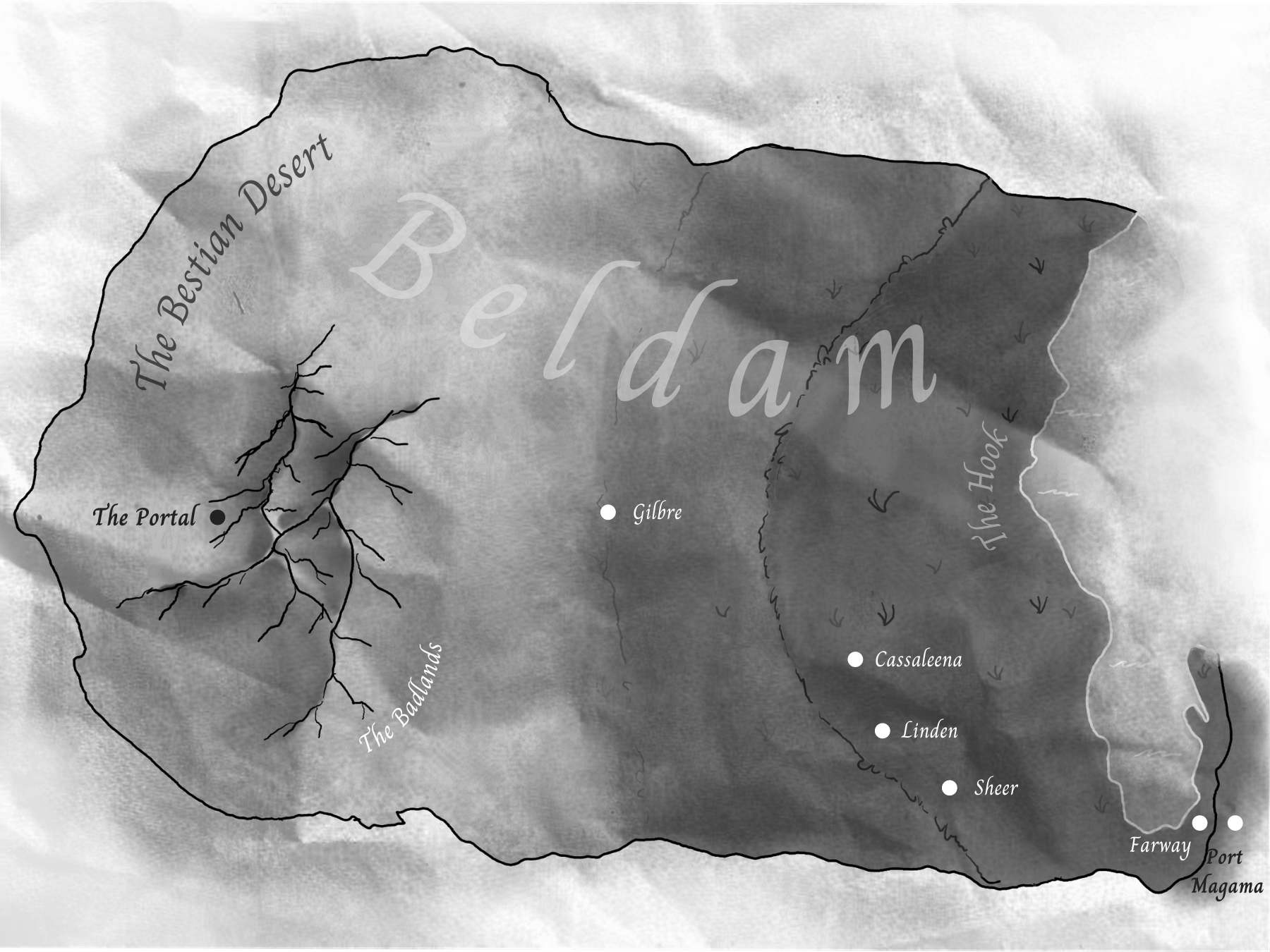
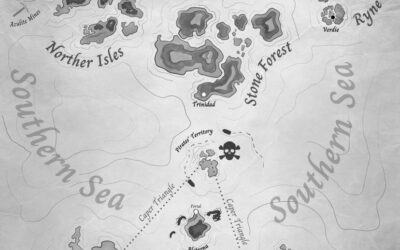
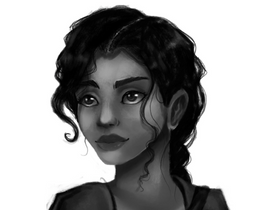
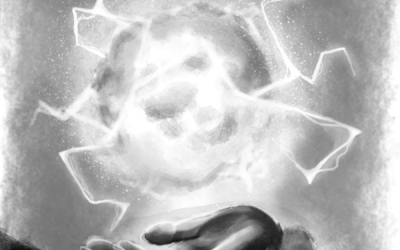
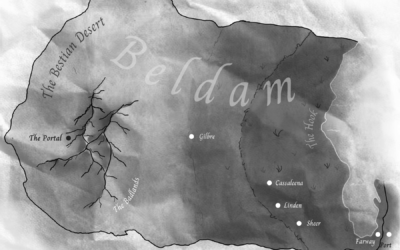
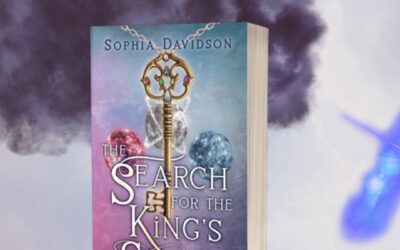
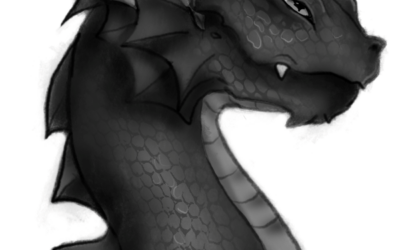
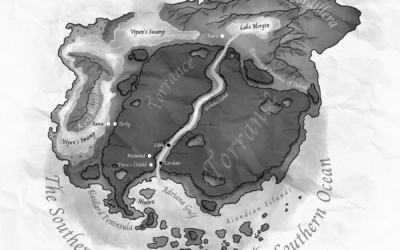

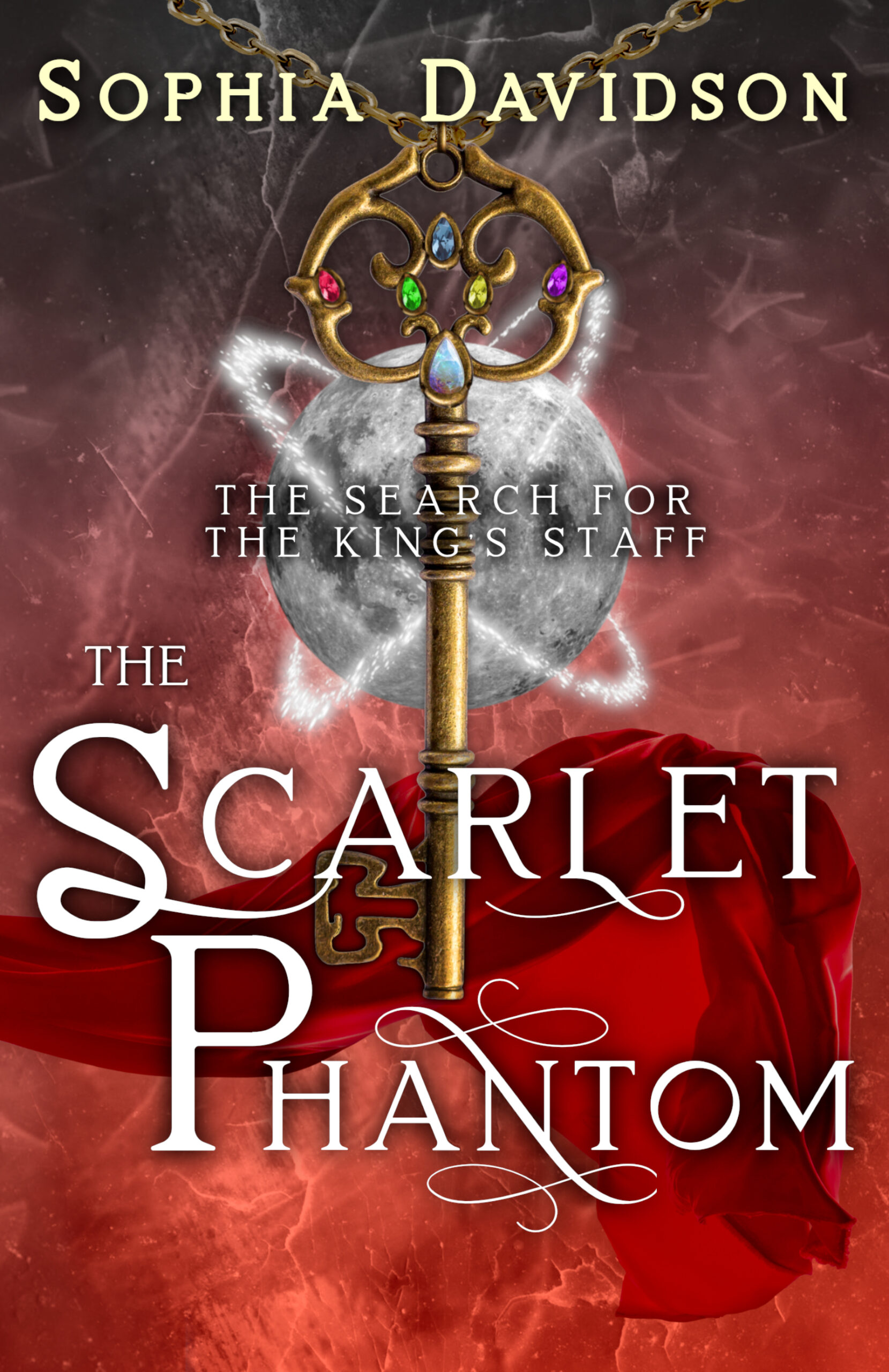


0 Comments